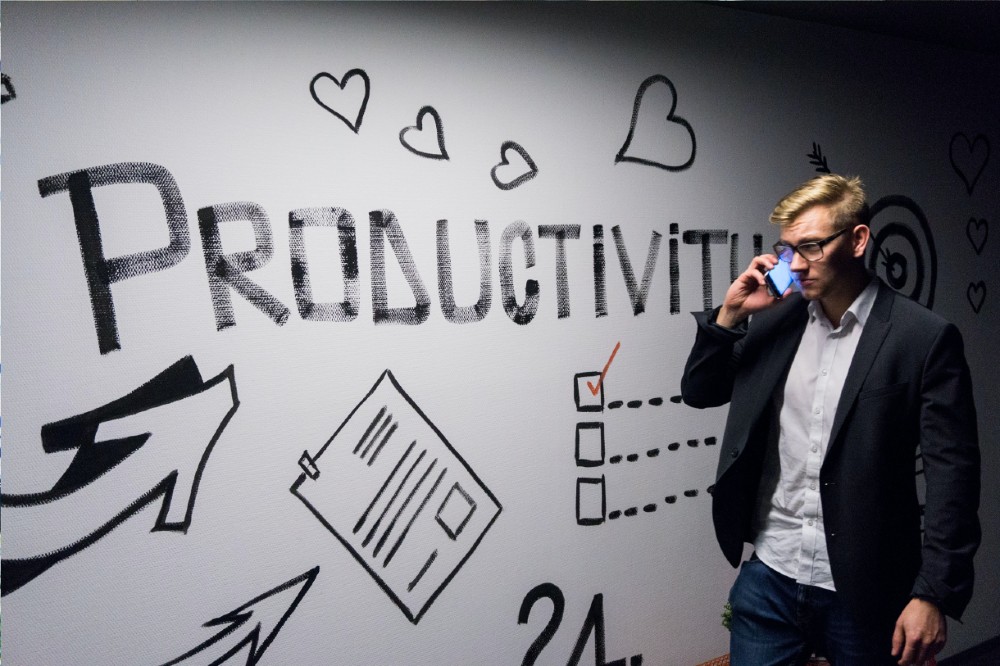I know you’ve heard the phrase, “work smarter, not harder,” but what does that mean exactly? How do you work smarter?
A new book by Morten T. Hansen attempts to answer the question. “Great at Work: How Top Performers Do Less, Work Better, and Achieve More” was released at the end of January. Hansen found 7 different behaviors outside of education levels, age and number of hours worked. I’d like to take a look at a couple of the things he recommends. Read the book if you want to know more.
Let’s continue on by addressing the 10,000 Hour Theory of Expertise. Under this principle, it’s thought that if you spend 10,000 hours in deliberate practice of a skill, you’ll become world-class in any field. The Beatles are thought to have used this theory to become one of the greatest bands in history. But it’s not just about practicing until your fingers bleed or you can’t stay awake any longer, it’s really about pushing yourself in an area.
Although it has been argued that this theory doesn’t necessarily apply in business or professions, there’s something to be said about deliberate practice.
When it comes to working smarter, no, you don’t need to spend 10,000 hours in the workplace to get better at your job. But you can put some of the principles of the theory in action:
- Pick a skill that you need to develop. There’s no way you can work on every skill at the same time. Just choose one to focus on for three months, or six months. Review your performance now. Have a benchmark of where you want to take that skill.
- Carve out time to work on that skill. Spend 15 minutes a day doing something that helps you get better. You know the old joke? How do you get to Carnegie Hall? “Practice.” You’re going to have to find ways to practice.
- Work on specific elements of a skill. Typically, the skills we want to improve involve a lot of smaller things. Take a good presentation. You need connect with people, have a good outline and learn to have diction and tons of other things. Work on one thing at a time. ?I used to have a real problem with looking at people when I was giving a presentation. For quite a few months, I made it a priority to be conscious of making eye contact. No matter who I was talking to, the cashier, a patron at the center where I volunteer and even my neighbors. It’s much easier now for me.
- Get feedback. You may believe you’re making progress, but others may have a different vantage point. Find a couple of good mentors who can really evaluate your performance and offer constructive criticism.
Repeat until your skill-set grows.
To get better, you need challenge and practice. Believe me, you’re going to make some mistakes along the way. Get up, dust yourself off and keep practicing.
Competence in a particular area goes a long way toward working smarter.
But wait, there’s more – the discussion continues in part two of this series, keep reading!
Dawn Brotherton is a Sr. Staff Writer at The American Genius with an MFA in Creative Writing from the University of Central Oklahoma. She is an experienced business writer with over 10 years of experience in SEO and content creation. Since 2017, she has earned $60K+ in grant writing for a local community center, which assists disadvantaged adults in the area.








































